State Representative Kaohly Her defeated incumbent Melvin Carter to become St. Paul’s next mayor.
Her capped off her improbable run upsetting the two-term incumbent Carter in a neck-and-neck race after a late start to the campaign, only officially declaring her intention to run in July of this year, defeating Carter by fewer than 2,000 votes in the final tally.
Her has served as the State Representative for district 64(a), which covers parts of the Macalester-Goveland, Union Park, Summit-University and Summit Hill neighborhoods. She was first elected to the seat in 2018 after serving in Carter’s administration as a policy advisor.
No candidate reached the required threshold of 50% after the first-place votes were counted, with Carter ahead in the first round of counting. But Her picked up enough second-or-later votes to surpass Carter and win the election.
She will become the first female and first Hmong-American Mayor of St. Paul.
Administrative Citations and School Referendum easily pass
Both ballot questions were easily passed by St. Paul voters, both by about a 2-1 margin.
Question one allows the City Council to begin levying administrative citations on rule breakers in St. Paul. Proponents say allowing the council to apply citations provides the ability to hold businesses accountable to city rules, like minimum wage laws, without having to take lengthy criminal action and was a long-needed change, citing that St. Paul was the only city in Minnesota’s top 25 who were not able to apply administrative citations.
The second question was to allow an increase of $37 million per year over the next decade for St. Paul public schools. Nearly 2/3 of St. Paul voters approved the levy, despite an already proposed city and county property tax increase. SPPS said the referendum was necessary to ensure the district did not have to cut services and close facilities given their ongoing budget gap.
Both the new administrative citations rule and SPPS property tax levy will go into effect next year.
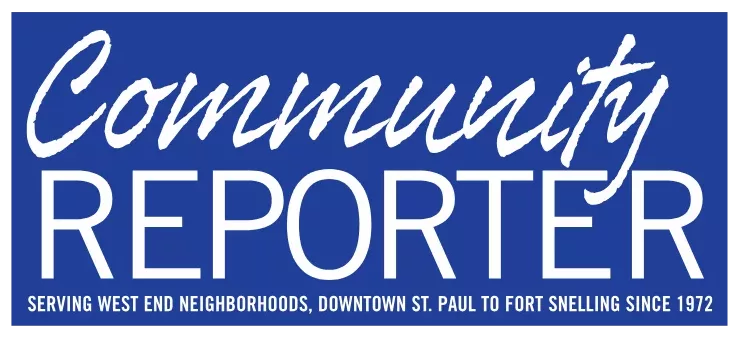
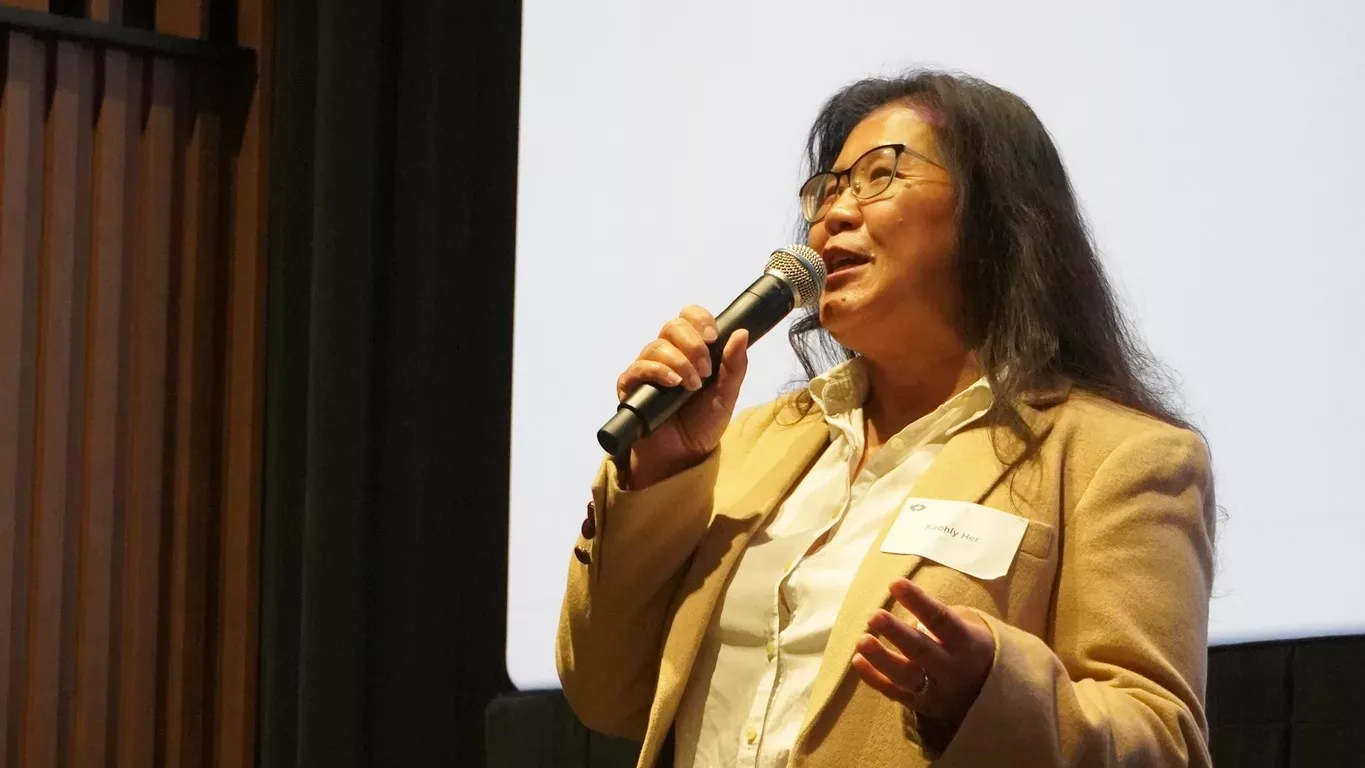
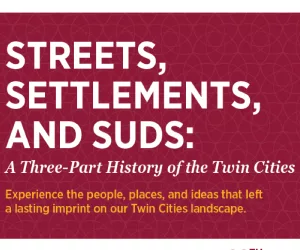

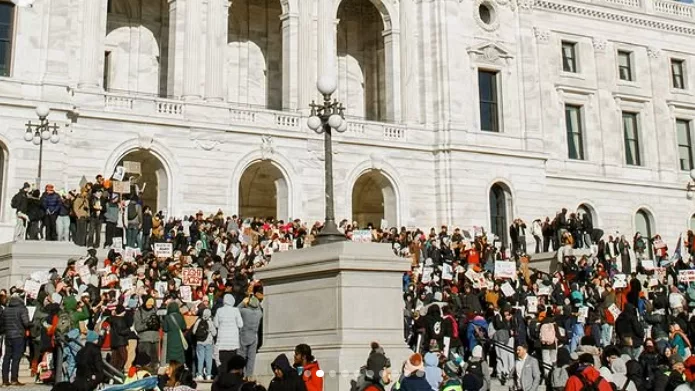
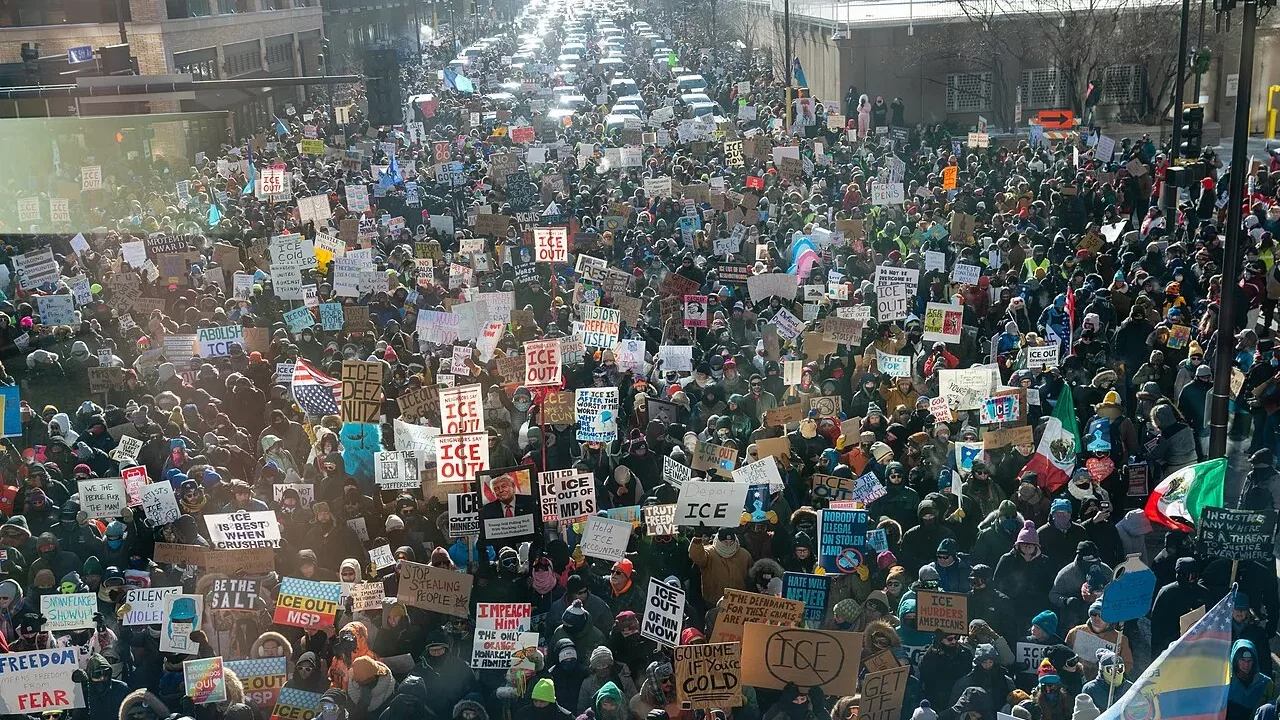

Leave a Reply